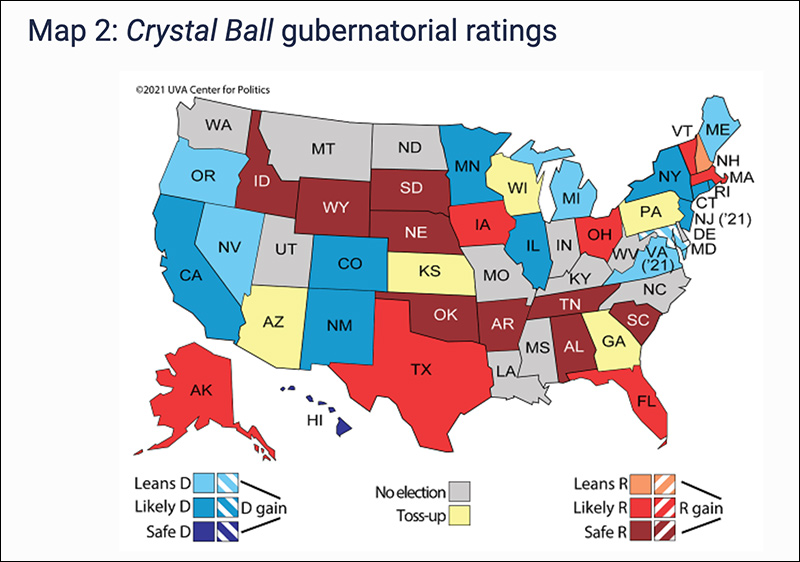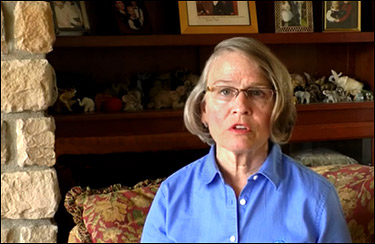https://www.facebook.com/Karen.Carter.Peterson/videos/2521633831472770/Karen Carter Peterson promotional video.
By Jim Ellis
March 22, 2021 — Five special congressional elections are now on the political calendar, and we see current action in all.
Beginning with the two Louisiana seats, voters went to the polls Saturday in the first round of elections in the state’s 2nd and 5th Congressional Districts.
The 2nd, anchored in New Orleans and Baton Rouge, is a Democratic seat left vacant when former Rep. Cedric Richmond (D-New Orleans) was appointed to a White House position in the Biden Administration. The northeastern Louisiana Republican 5th CD became vacant when Rep-Elect Luke Letlow (R), three weeks after winning the seat in a post-general runoff election, passed away from a heart attack and COVID.
The 2nd District sees 15 Democrats, Republicans, minor party, and Independent candidates all on a jungle primary ballot. The political odds favor two Democratic New Orleans state senators, Troy Carter and Karen Carter Peterson, advancing to a general election runoff on April 24. The tone of this week’s candidates’ ads, with Sen. Peterson already being attacked, suggest that the special general between Carter and Peterson is already underway.
Prospects were promising that we would see a winner in Saturday’s 5th District race. Though 12 candidates are on the ballot, just one has strong campaign resources and public backing. Julia Letlow (R), wife of the deceased congressman-elect, looks well positioned to exceed the majority support threshold tomorrow night meaning she would claim the seat outright.
Armed with a 9:1 fundraising lead over her closest competitor at the end of February and holding endorsements from former President Trump, former Vice President Mike Pence, Sen. John Kennedy (R-LA), the Louisiana Republican Party, and the Louisiana Sheriffs of the 5th Congressional District committee, among others, Ms. Letlow appears poised to score a convincing win over a crowded field.
The first poll for the Texas special election was just released. In this 6th District race, vacated because of Rep. Ron Wright’s (R-Arlington) death from cancer and COVID, a whopping 23 candidates are vying to replace the late incumbent. The first election is May 1. If no one receives majority support, which is likely, a runoff will be scheduled after the primary voters officially determine the final results.






